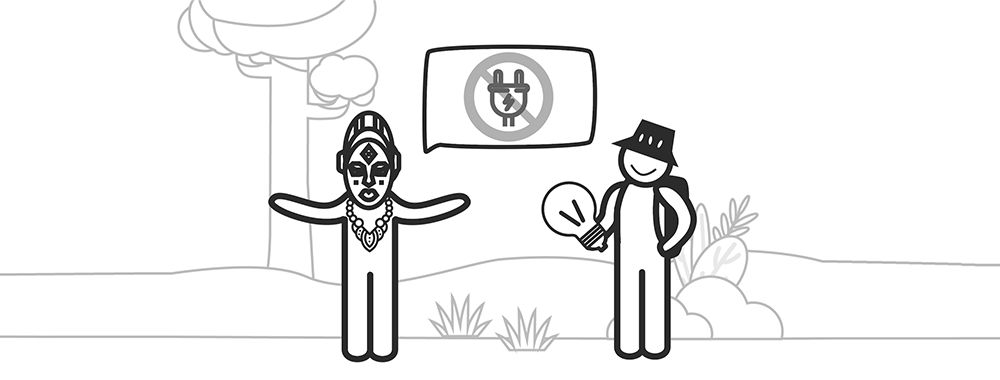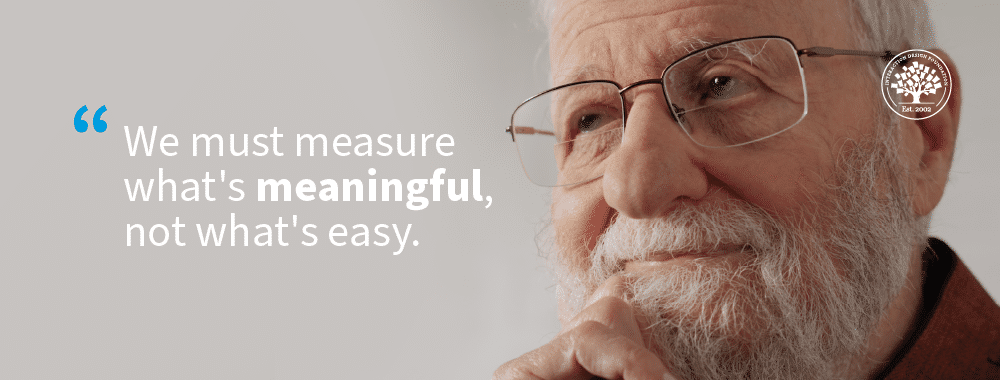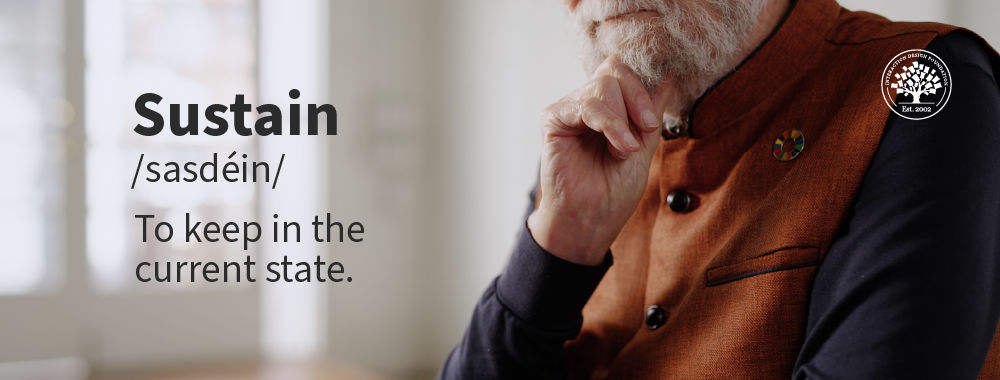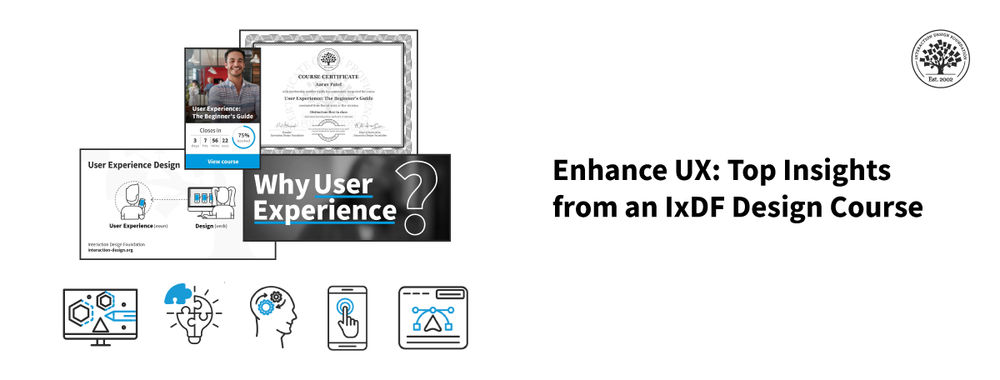Take a deep dive into Humanity-Centered Design with
our course
Design for a Better World with Don Norman
.
“Because everyone designs, we are all designers, so it is up to all of us to change the world. However, those of us who are professional designers have an even greater responsibility, for professional designers have the training and the knowledge to have a major impact on the lives of people and therefore on the earth.”
— Don Norman, Design for a Better World
Our world is full of complex socio-technical problems:
Unsustainable and wasteful practices that cause extreme climate changes such as floods and droughts.
Wars that worsen hunger and poverty.
Pandemics that disrupt entire economies and cripple healthcare.
Widespread misinformation that undermines education.
All these problems are massive and interconnected. They seem daunting, but as you'll see in this course, we can overcome them.
Design for a Better World with Don Norman is taught by cognitive psychologist and computer scientist Don Norman. Widely regarded as the father (and even the grandfather) of user experience, he is the former VP of the Advanced Technology Group at Apple and co-founder of the Nielsen Norman Group.
Don Norman has constantly advocated the role of design. His book “The Design of Everyday Things” is a masterful introduction to the importance of design in everyday objects. Over the years, his conviction in the larger role of design and designers to solve complex socio-technical problems has only increased.
This course is based on his latest book “Design for a Better World,” released in March 2023. Don Norman urges designers to think about the whole of humanity, not just individual people or small groups.
In lesson 1, you'll learn about the importance of meaningful measurements. Everything around us is artificial, and so are the metrics we use. Don Norman challenges traditional numerical metrics since they do not capture the complexity of human life and the environment. He advocates for alternative measurements alongside traditional ones to truly understand the complete picture.
In lesson 2, you'll learn about and explore multiple examples of sustainability and circular design in practice. In lesson 3, you'll dive into humanity-centered design and learn how to apply incremental modular design to large and complex socio-technical problems.
In lesson 4, you'll discover how designers can facilitate behavior-change, which is crucial to address the world's most significant issues. Finally, in the last lesson, you'll learn how designers can contribute to designing a better world on a practical level and the role of artificial intelligence in the future of design.
Throughout the course, you'll get practical tips to apply in real-life projects. In the "Build Your Case Study" project, you'll step into the field and seek examples of organizations and people who already practice the philosophy and methods you’ll learn in this course.
You'll get step-by-step guidelines to help you identify which organizations and projects genuinely change the world and which are superficial. Most importantly, you'll understand what gaps currently exist and will be able to recommend better ways to implement projects. You will build on your case study in each lesson, so once you have completed the course, you will have an in-depth piece for your portfolio.






